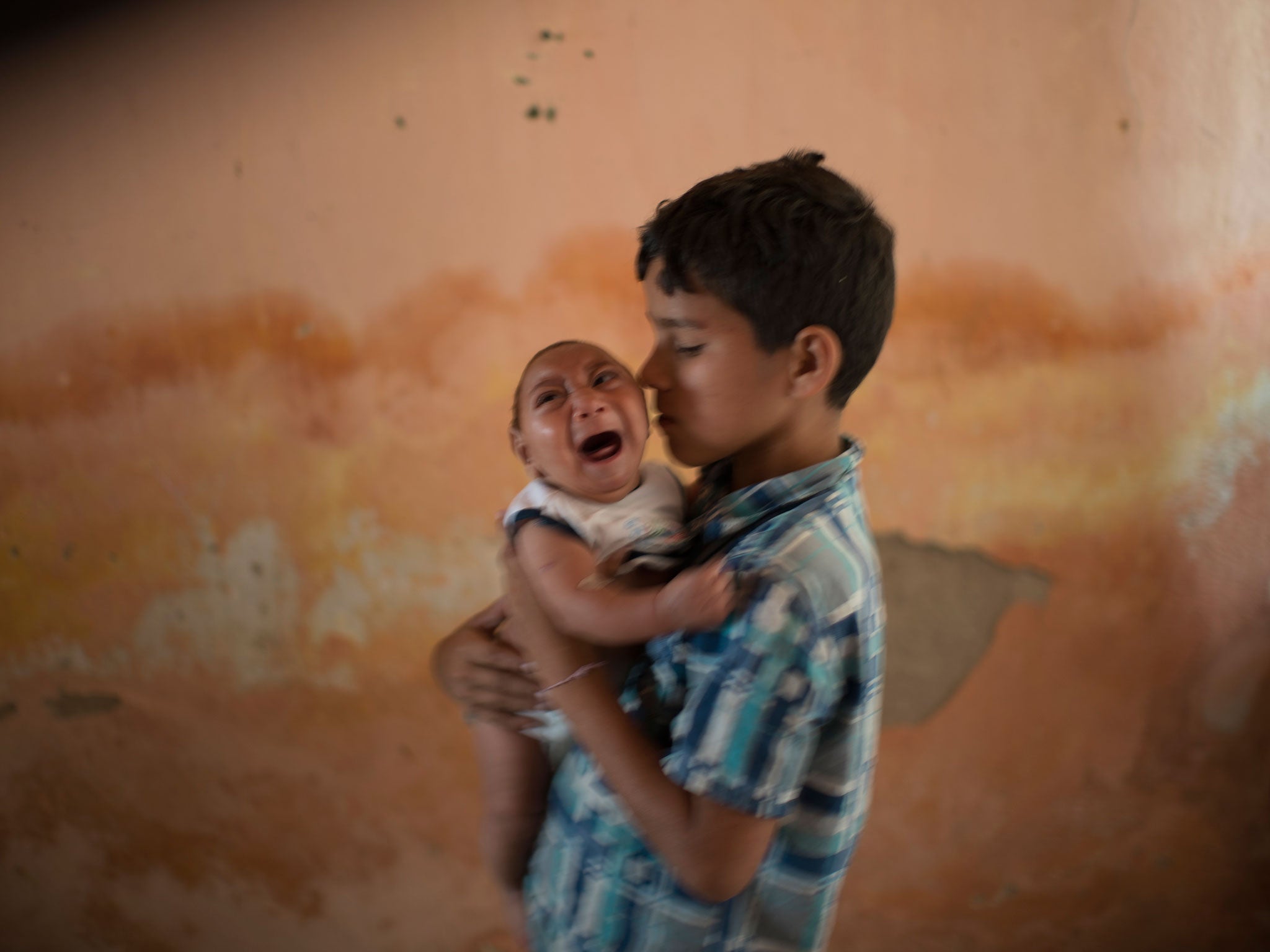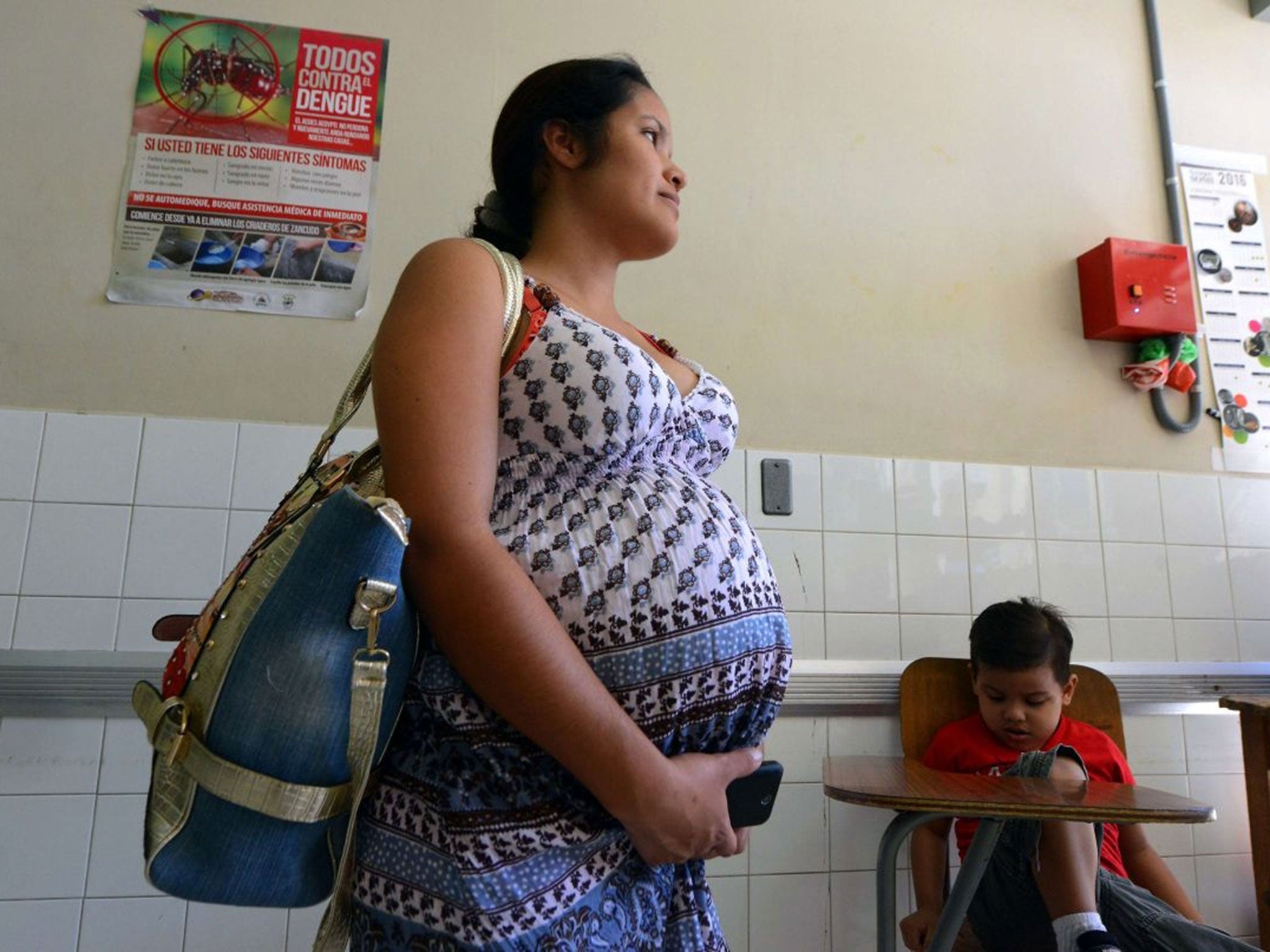Zika virus likely to spread across the Americas, states WHO
Brazil has reported 3,893 suspected cases of a deformity in babies linked to the virus

Your support helps us to tell the story
From reproductive rights to climate change to Big Tech, The Independent is on the ground when the story is developing. Whether it's investigating the financials of Elon Musk's pro-Trump PAC or producing our latest documentary, 'The A Word', which shines a light on the American women fighting for reproductive rights, we know how important it is to parse out the facts from the messaging.
At such a critical moment in US history, we need reporters on the ground. Your donation allows us to keep sending journalists to speak to both sides of the story.
The Independent is trusted by Americans across the entire political spectrum. And unlike many other quality news outlets, we choose not to lock Americans out of our reporting and analysis with paywalls. We believe quality journalism should be available to everyone, paid for by those who can afford it.
Your support makes all the difference.Only two countries in the entirety of the Americas are likely to escape the reach of the mosquito-borne Zika virus - suspected of causing brain damage to babies.
Officials on Monday said they believed only Canada and Chile would escape the spread of the virus as it extends its spread in south, central and north America. It has already been detected in 21 countries and territories of the region since May 2015.
So far, there have been no confirmed cases of anyone being infected with the virus in the US. However, a baby born with an usually small head in Hawaii has triggered a national alert, while Los Angeles County public health officials issued their own warning last Friday after reports of several patients with Zika-symptoms.

Zika has historically occurred in parts of Africa, Southeast Asia and the Pacific Islands. But it is normally a mild disease and there is little scientific data on it, so it is unclear why it might be causing microcephaly in Brazil, the WHO has said.
“Zika has been isolated in human semen, and one case of possible person-to-person sexual transmission has been described,” the WHO said in a statement.
“However, more evidence is needed to confirm whether sexual contact is a means of Zika transmission.”
Reuters said that WHO Director-General Margaret Chan told the WHO executive board that she had asked Carissa Etienne, head of the WHO in the Americas, to brief the board later this week on the WHO's response to the outbreak.
“Although a causal link between Zika infection in pregnancy and microcephaly has not, and I must emphasise, has not been established, the circumstantial evidence is suggestive and extremely worrisome,” Ms Chan said.
“An increased occurrence of neurological symptoms, noted in some countries coincident with arrival of the virus, adds to the concern.“
Brazil has reported 3,893 suspected cases of microcephaly, the WHO said last Friday, over 30 times more than had been reported in any year since 2010.
Colombia, Ecuador, El Salvador and Jamaica last week recommended women delay pregnancies until more was known about the virus.
Join our commenting forum
Join thought-provoking conversations, follow other Independent readers and see their replies
Comments